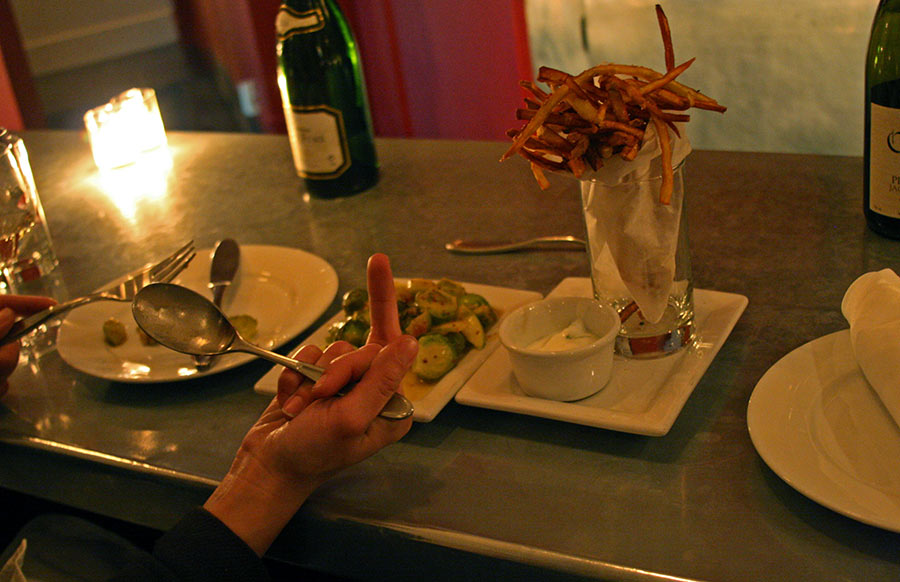In addition to our overall disclosures, we also have a general set of guidelines when it comes to how we approach the wine reviews and reports on Hudin.com.
Firstly, wines are scored via the 100-point system and then ranked within a three-star bracket system. Whenever possible, wines are tasted fully blind, arranged by colors, vintages, and styles. Most importantly, there is never a charge to have a wine reviewed on Hudin.com and the scores are always provided freely to the producer (free sample = free scores) and no one is required to subscribe just to get their scores.
A major change to reviewing parameters that’s been introduced this year is that all wines reviewed must have added sulfur dioxide at bottling, ideally a minimum of 25mg/l of free SO2 (*). This has been stated in sample calls throughout 2022 and been largely observed although some wines slip through from time to time.
While this may seem like a blatant affront to so-called “natural” wines, we can assure you the readers that wines produced organically, with minimal intervention and manipulation are the wines that we normally gravitate to when choosing what to drink. Our reason to require added SO2 isn’t nefarious but something that is, a very simple concept: consistency.
It’s unfortunate that SO2 has suffered the same fate as marijuana in the United States being labelled a “Schedule I substance”, the worst level of narcotics. Sulfur dioxide is a beneficial additive to wines that stabilizes them, keeps them from spoiling, has been used for centuries, is naturally found in wines, and as research has shown, is actually healthier to add than not due to wines without it easily-developing deleterious amines in the bottle.
Unfortunately there are many who have built up a career or useless products “fighting” SO2 when in fact it’s proving to be as necessary to add to wines being produced for sale as food is necessary to be kept in a refrigerator prior to eating it.
The reason we’re stating this now is that in the recent Priorat report, there was a side project wine by a talented enologist in the region which was awarded a score of 93 points in one bottle and 88 points in another. Same wine, same vintage, same storage, same cork (in this case the TCA-free Diam), but there was no added SO2 to the wine and this is far from the first time this has happened.
Many producers will claim that under ideal circumstances, adding SO2 isn’t needed. It should be noted that under ideal circumstances airplanes never experience turbulence and there is a peaceful transfer of power after democratic elections. Suffice to say, the world is far from ideal and there’s absolutely no way wine producers can control the supply chain, especially given the lengthy delays in shipping. Thus, it’s not possible to continue reviewing these wines as there is absolutely no way that a wine reviewed here will taste the anywhere near same when someone buys it as based upon a Hudin.com scoring.
So again, for wines scored on this website, a minimum of 25mg/l of free SO2 at bottling is now required. Otherwise, we’re very much open to tasting everything made of the grape as we’re very much, “wine curious”.
(*) There are two measures of SO2 in wine, “free” and “total”. The first is what it has at the moment it’s being measured. The second is all that it’s ever had over its lifetime. The reason for the difference is that SO2 binds to other chemicals (thus protecting the wine) and if there’s 25mg/l of “free” in the wine at bottling, that means it is still continuing to protect the wine. A wine with less than 10mg/l of total SO2 is considered to be “SO2 free” and isn’t required to have the warning label “contains sulfites” which has unfortunately cast this compound in a bad light.


